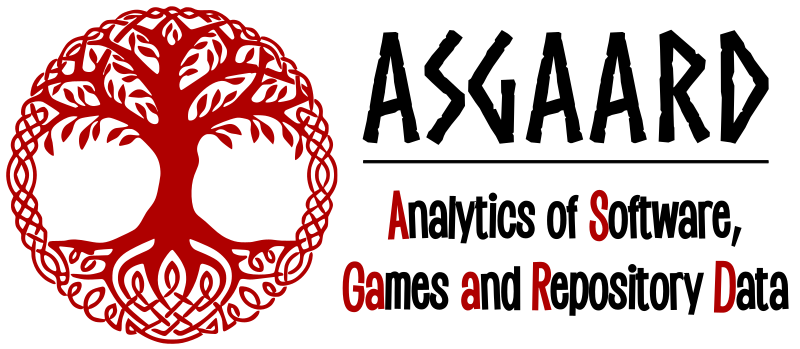Hammam’s paper “Towards Reducing the Time Needed for Load Testing” was accepted for publication in the Journal of Software Evolution and Process! Super congrats Hammam!
Abstract:
The performance of large-scale systems must be thoroughly tested under various levels of workload, as load-related issues can have a disastrous impact on the system. However, load tests often require a large amount of time, running from hours to even days, to execute. Nowadays, with the increased popularity of rapid releases and continuous deployment, testing time is at a premium and should be minimized while still delivering a complete test of the system. In our prior work, we proposed to reduce the execution time of a load test by detecting repetitiveness in individual performance metric values, such as CPU utilization or memory usage, that are observed during the test. However, as we explain in this paper, disregarding combinations of performance metrics may miss important information about the load-related behaviour of a system. Therefore, in this paper we revisit our prior approach, by proposing a new approach that reduces the execution time of a load test by detecting whether a test no longer exercises new combinations of the observed performance metrics. We conduct an experimental case study on three open source systems (CloudStore, PetClinic, and Dell DVD Store 2), in which we use our new and prior approaches to reduce the execution time of a 24-hour load test. We show that our new approach is capable of reducing the execution time of the test to less than 8.5 hours, while preserving a coverage of at least 95% of the combinations that are observed between the performance metrics during the 24-hour tests. In addition, we show that our prior approach recommends a stopping time that is too early for two of the three studied systems. Finally, we discuss the challenges of applying our approach to an industrial setting, and we call upon the community to help us to address these challenges.
See our Publications for the full paper.
